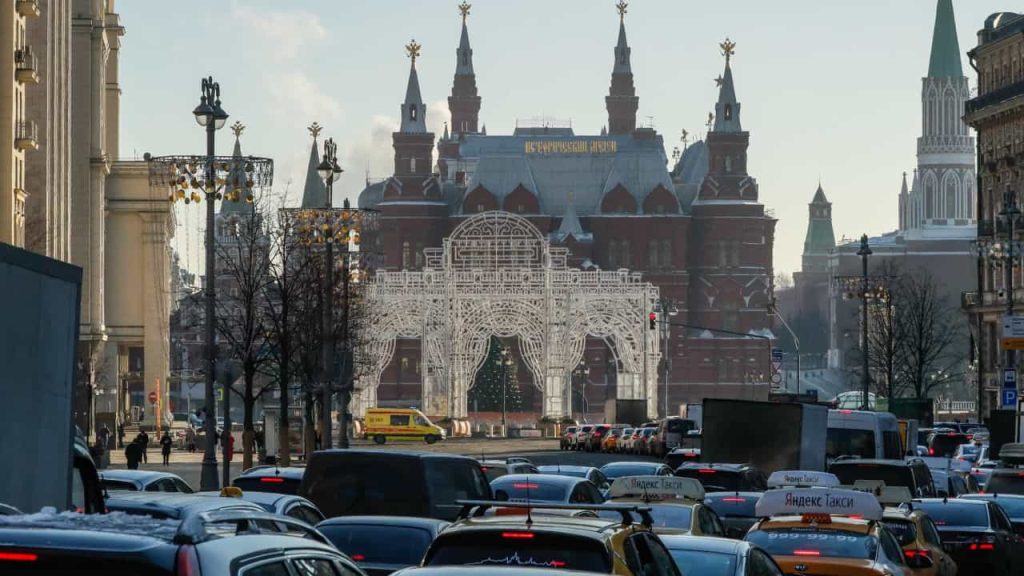“And theThe High Representative of the European Union for Foreign Affairs and Security Policy, Josep Borrell, stressed in a statement that this decision is another step by Russia towards the continued escalation of tension with the European Union and its member states.
On Friday, the Russian government announced that these five countries are included in the list of countries classified as “enemy”, thus limiting these European countries to the local employment of diplomatic or consular missions.
He said the EU considers the “allegations of hostilities baseless and unacceptable, and urges Russia to cancel all such lists”.
The head of European diplomacy noted that the previous decree establishing a list of the so-called “enemy” states is inconsistent with the 1961 Vienna Convention on Diplomatic Relations.
Therefore, he adds, the EU urges Russia to “review its decision and fully respect the Vienna Convention”.
Josef Borrell concluded in the statement that “the European Union continues to call on Russia to immediately cease its aggression against Ukraine and all other violations of international law, including its breach of its international obligations and commitments.”
The Russian government’s ruling limits the number of people who can be employed in Russia through diplomatic representatives affected by this measure.
The Embassy of Greece can employ up to 34 people, the representation of Denmark is up to 20 and Slovakia is limited to 16 people who are locally recruited.
Slovenia and Croatia are prohibited from hiring personnel in Russia for diplomatic and consular missions.
Moscow indicated that last May, the same restrictions were imposed on the embassies of the United States and the Czech Republic.
The adoption of these types of restrictions, which include a complete ban on local employment of people located in Russia, was contemplated in a decree on measures to respond to “enemy states” signed by Russian President Vladimir Putin on April 23.
On March 5, nine days after the start of Russia’s so-called “special military operation” in Ukraine, Putin ordered the government to draw up a list of countries that had committed “hostile acts” against Russia.
A few days later, Russia approved this list, which included EU member states, including Portugal, the United States, the United Kingdom, Australia and Canada, among others.
Russia launched a military attack on Ukraine on February 24 that killed more than 5,100 civilians, according to the United Nations, which warns that the real number is likely to be much higher.
The Russian military offensive has caused more than 16 million people to flee, more than 5.9 million of whom have fled the country, according to the latest United Nations figures.
The international organization has noted the return of people to Ukrainian territory, but warns against expecting new waves of displacement due to insecurity and lack of gas and water supplies in the areas affected by the clashes.
Also according to the United Nations, there are more than 15.7 million people in need of humanitarian assistance in Ukraine.
The international community generally condemned the Russian invasion, and responded by sending weapons to Ukraine and strengthening economic and political sanctions against Moscow.
Read also: Russia may stop or reduce gas supplies ‘at any time’
Always be the first to know.
Consumer Choice Award for the sixth year in a row and five stars for online journalism.
Download our free app.

“Music fanatic. Professional problem solver. Reader. Award-winning tv ninja.”






More Stories
Couple retakes glacier photo after 15 years, surprised by changes: ‘It made me cry’
Two killed in hotel collapse in Germany – DW – 07/08/2024
Lula speaks for half an hour on phone with Biden about Venezuela’s electoral impasse | Politics